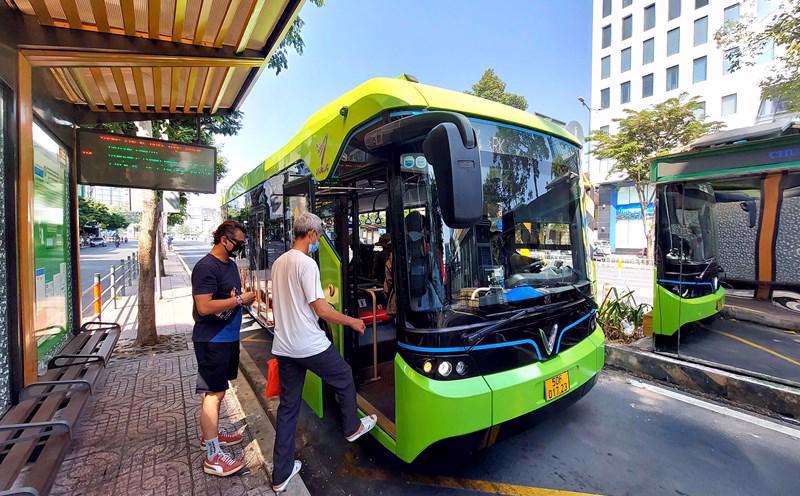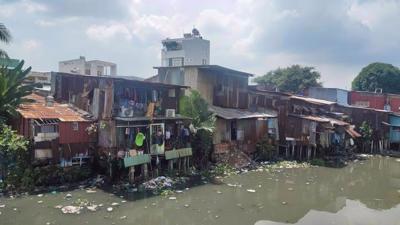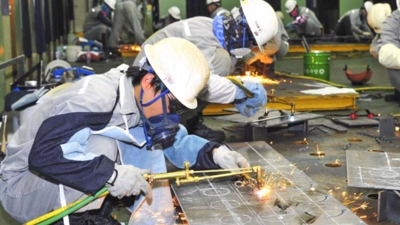HCMC accelerates transition to green vehicles and reduces pollution
As part of the 2020-2030 pollution reduction program, the city aims to cut air pollutant emissions in the transportation sector by 90% by 2030.

Ho Chi Minh City is prioritizing the shift to "green vehicles" that use environmentally friendly energy sources like electric and CNG vehicles, as well as efforts to reduce the use of personal vehicles. This trend aligns with contemporary demands and global development trends.
As part of the 2020-2030 environmental pollution reduction program, the southern city aims to cut air pollutant emissions in the transportation sector by 90% by 2030, by then, the locality plans to introduce 1,874 electric and green energy buses.
Recent statistics show that by the end of 2023, HCM City had approximately 10 million vehicles, including over 7.6 million motorcycles, 700,000 cars, and over two million vehicles from other localities traveling into the city. The city emits roughly 35 million tons of carbon annually, with industry accounting for 20 million tons and transportation about 13 million tons.
Currently, the city's 138 bus routes are serviced by 2,209 buses, the majority of which run on diesel (1,663 buses), 528 on CNG, and only 18 on electric power.
The municipal Department of Transport announced that the bus conversion plan will be rolled out from 2025 to 2030. During this period, approximately 2,770 electric buses will be deployed, including 1,663 to replace existing buses and 1,108 for new routes.
Additionally, the city plans to build 25 electric charging stations, each equipped with 269 charging pillars The city is also implementing financial support policies to attract transportation units to participate in this conversion program.
In addition to the bus conversion, the Department of Transport has piloted a public bicycle rental program in District 1, with 43 stations and 388 bicycles, attracting an average of 700 new registrations per day.







